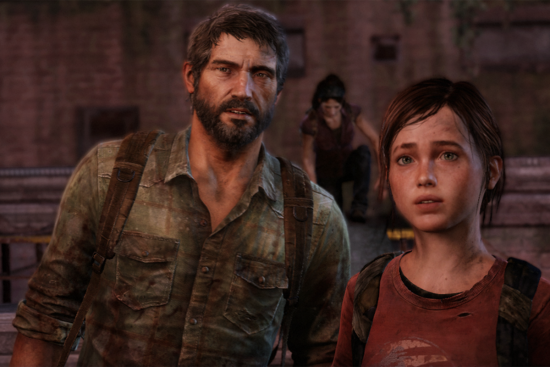Craig Mazin talks about Chernobyl and working on The Last of Us television adaptation for HBO
American screenwriter and director Craig Mazin is perhaps best known as the creator of HBO series Chernobyl. Now working on a HBO adaptation of Playstation game The Last of Us, Mazin spoke to Nihal Arthanayke on BBC Radio 5 Live’s Must Watch about winning awards and The Last of Us anxieties.
Based on the critically acclaimed video game The Last of Us, developed by Naughty Dog exclusively for the PlayStation platforms, the story takes place twenty years after modern civilization has been destroyed. Joel, a hardened survivor, is hired to smuggle Ellie, a 14-year-old girl, out of an oppressive quarantine zone. What starts as a small job soon becomes a brutal, heartbreaking journey, as they both must traverse across the U.S. and depend on each other for survival. The HBO series will cover the events of the original game.
Mazin had this to say about working on The Last of Us adaptation for HBO:
We’re creating anew and we’re also reimagining what is already there to present a different format. It’s kind of a dream come true for me. I’m a little bit scared because a lot of emotions connected to this game are rather intense. I think I’m probably going to go hide in a bunker for a while because you can’t make everyone happy!
On Chernobyl feeling very relevant in the US today, amidst the presence of ‘fake news’:
The more we went through, even as we were getting into production and then continuing, it was more and more clear that that was the crux of it and it became the organising principle of everything we did.
We have this thing where we close our eyes and ‘poof’ the problem disappears and we’re having it all the time. We have it right now, especially with things we can’t see like coronavirus. We can’t see global warming or climate change until it’s upon us. There’s been a rash of these things here in the United States where we have somewhat high profile people insisting that coronavirus is an overblown hoax and then they either get it or a family member gets it and suddenly it’s not. It’s real. It was real before!
We have to be able, as humans, to appreciate the reality of things that are not directly happening to us. I’m not sure how we lost that somewhere along the way. We’re seeing it right now with a reaction here in the United States to inherent racism, which white people just don’t have to see – ‘If I don’t see it, then it’s not there’. But it is. It is.
On whether awards are validating:
Listen to the podcast in full here: https://www.bbc.co.uk/programmes/p08m7slx










